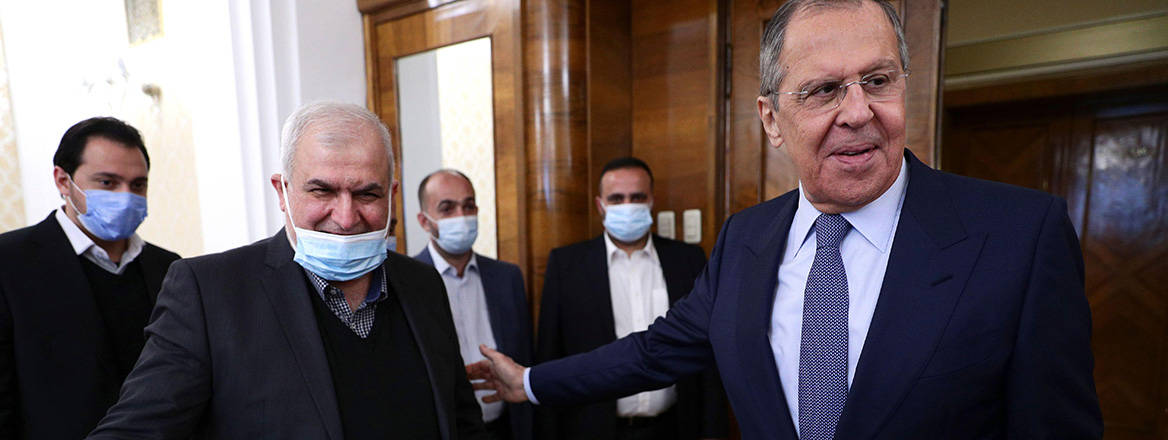RUSI
|
|
Hizbullah and Russia’s Nascent Alliance
While the world’s attention is focused on Ukraine, Russia has been steadily expanding its presence in the Middle East, including through its dealings with the Lebanese terrorist group Hizbullah.

Over the last few years, Russia has quietly extended its reach into Lebanon, seeking to cultivate cultural, economic and military ties in Beirut as part of a strategy to expand Russian influence in the Middle East, while side-lining the US and elevating Moscow’s role as a peacemaker. However, Russia’s encroachment into Lebanon has been overshadowed by the conflict in Ukraine, and its growing alliance with Hizbullah has likewise received scant attention. And yet, a close read of US government designations related to Iranian and Hizbullah illicit financing schemes reveals a distinct trend in Russian cooperation with and support for such activities.
Sanctions Evasion
Russia’s alliance with Hizbullah was born out of the conflict in Syria, where Russian and Hizbullah forces fought side-by-side in alliance with the Assad regime. For years, this alliance appeared strictly limited to military activity in Syria, but in 2018, Hizbullah and Russia began to engage in unprecedented joint sanctions evasion activities. The stark change in activity between Hizbullah and Russia clearly demonstrated that their cooperation had moved beyond a military alliance and now carried an economic component. In November 2018, the US Department of the Treasury exposed a convoluted trade-based oil smuggling sanctions evasion scheme directed by Hizbullah and the Qods Force of Iran’s Islamic Revolutionary Guard Corps (IRGC). This scheme allowed the Iranian regime to remit money to Russia’s state-owned Promsyrioimport on behalf of Syria, enabling Russia to evade US sanctions against the Assad regime. Simultaneously, the Syrian Central Bank remitted cash to Hizbullah, HAMAS and the IRGC-Qods Force on behalf of the Iranian regime. Central to this scheme were two key conduits: Hizbullah official Mohamed Qasir and Russia-based Syrian national Mohamed Alchwiki. In a letter to a senior official at the Central Bank of Iran, Qasir (aka Mr Fadi) and Alchwiki confirmed receipt of $63 million as part of a scheme to benefit Hizbullah.
Click here for the full press release
Original article link: https://rusi.org/explore-our-research/publications/commentary/hizbullah-and-russias-nascent-alliance


